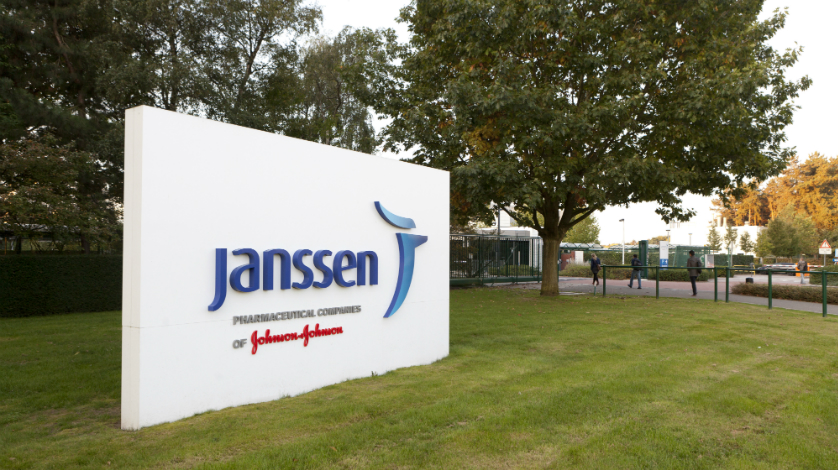J&J's Invokana reduces risk of renal failure in high-risk diabetes patients

Johnson & Johnson’s Janssen pharma unit has announced new results showing that its Invokana diabetes medicine is the first in nearly 20 years to significantly reduce risk of renal failure, dialysis, or kidney transplantation, and renal or cardiovascular death in patients with type 2 disease and chronic kidney disease.
Data from phase 3 CREDENCE study showed Invokana (canagliflozin) significantly reduced the combined risk of cardiovascular death, myocardial infarction and stroke.
Results also demonstrated no imbalance in amputation or bone fracture – previous study findings from the CANVAS trial testing its cardiovascular safety and benefits, in a group of patients at high risk of cardiovascular problems, had shown that Invokana doubled the risk of amputation of the toe or lower leg. There were also no other new safety concerns.
This latest data announced at the International Society of Nephrology conference showed the drug produced a statistically significant 30% reduction in the risk of the primary composite endpoint comprised of progression to end-stage kidney disease (ESKD), defined as the need for renal replacement therapy such as chronic dialysis or renal transplant, doubling of serum creatine, a predictor of ESKD, and renal or cardiovascular death.
The study was testing efficacy and safety of Invokana versus placebo in patients with chronic kidney disease (CKD) and type 2 disease used in addition to standard of care.
Study results also showed Invokana reduced the risk of the secondary CV endpoints, including the risk of CV death and hospitalisation for heart failure by 31%, major adverse CV events (MACE; composite of nonfatal myocardial infarction [MI], nonfatal stroke and CV death) by 20%, and the risk of hospitalisation for heart failure alone by 39%.
The phase 3 CREDENCE clinical trial was a randomised, double-blind, event-driven, placebo-controlled, parallel-group, 2-arm, multicentre study. It evaluated 4,401 patients with type 2 diabetes, stage 2 or 3 CKD and high levels of blood albumin, who were receiving standard of care including a maximum tolerated labelled daily dose of angiotensin-converting enzyme (ACE) inhibitors or angiotensin II receptor blockers (ARBs).
Janssen last month filed the data from CREDENCE with the FDA to expand the drug’s label to reduce risk of ESKD, doubling of serum creatine, and renal or CV death for adults with CKD and type 2 diabetes.
The trial’s Independent Data Monitoring Committee recommended the trial should be stopped early as it would be unethical to allow the control arm to continue receiving standard care.
Several other manufacturers are also chasing this indication – although AstraZeneca is taking the approach one step further by testing its Forxiga (dapagliflozin), a rival SLGT-2 class therapy, in patients with chronic kidney disease without diabetes.
Invokana is distributed in Europe by Mundipharma.













